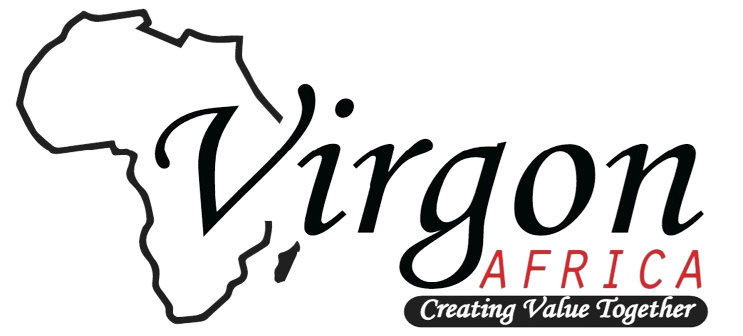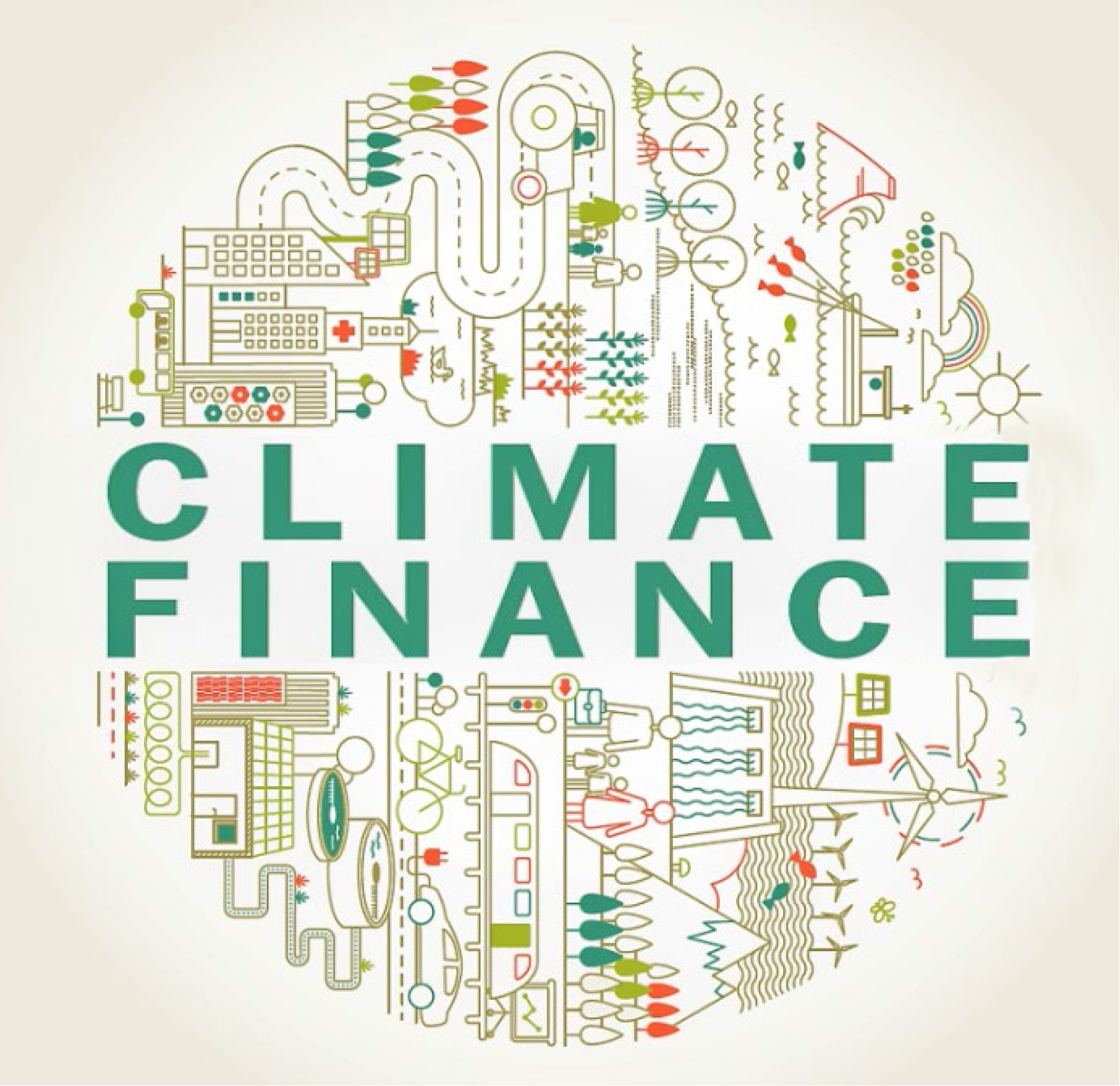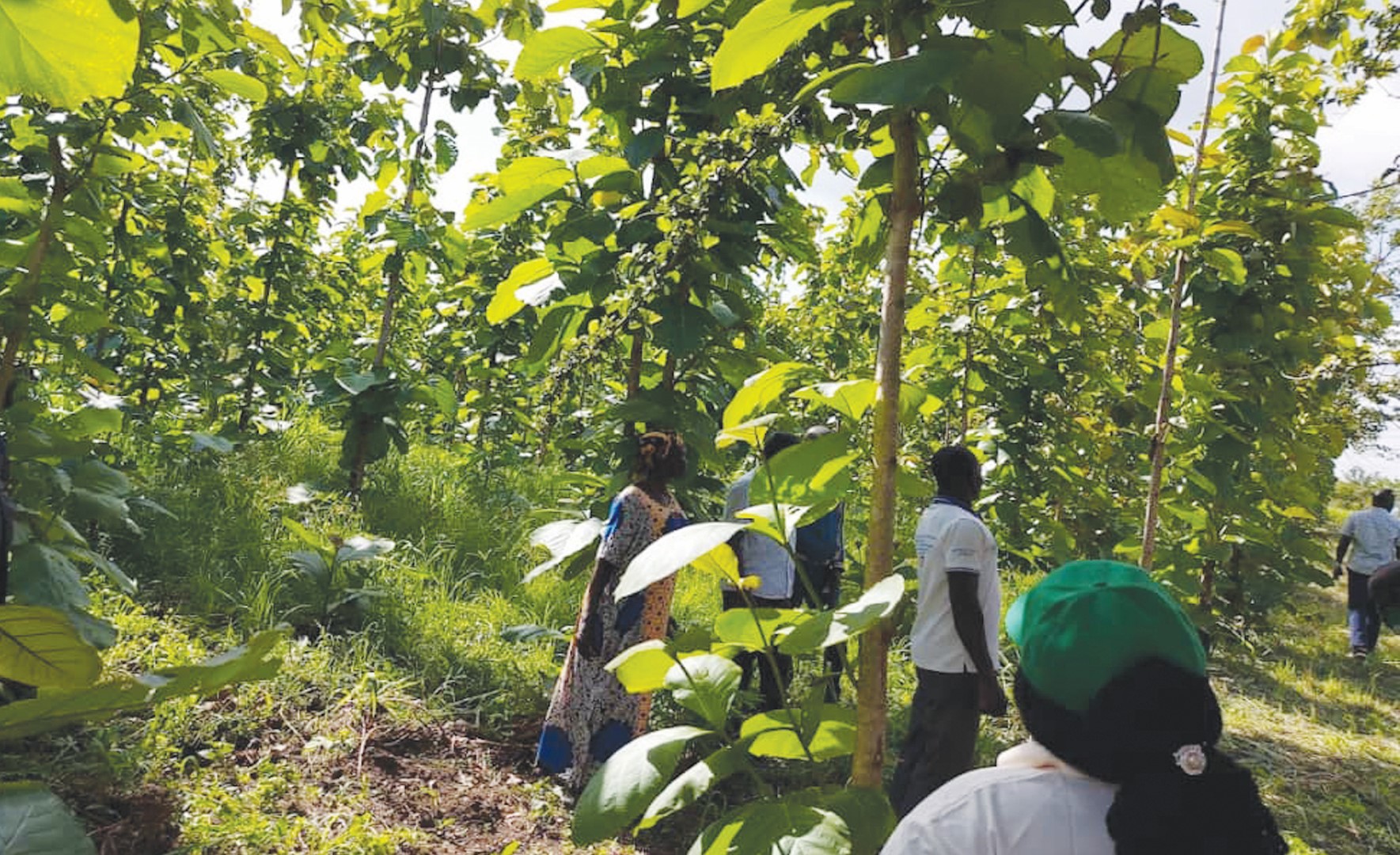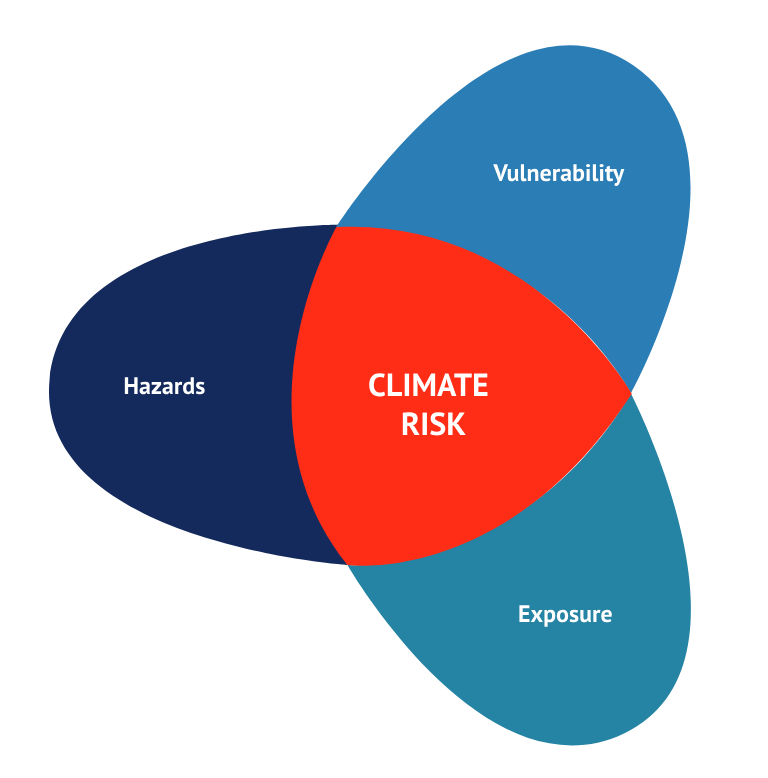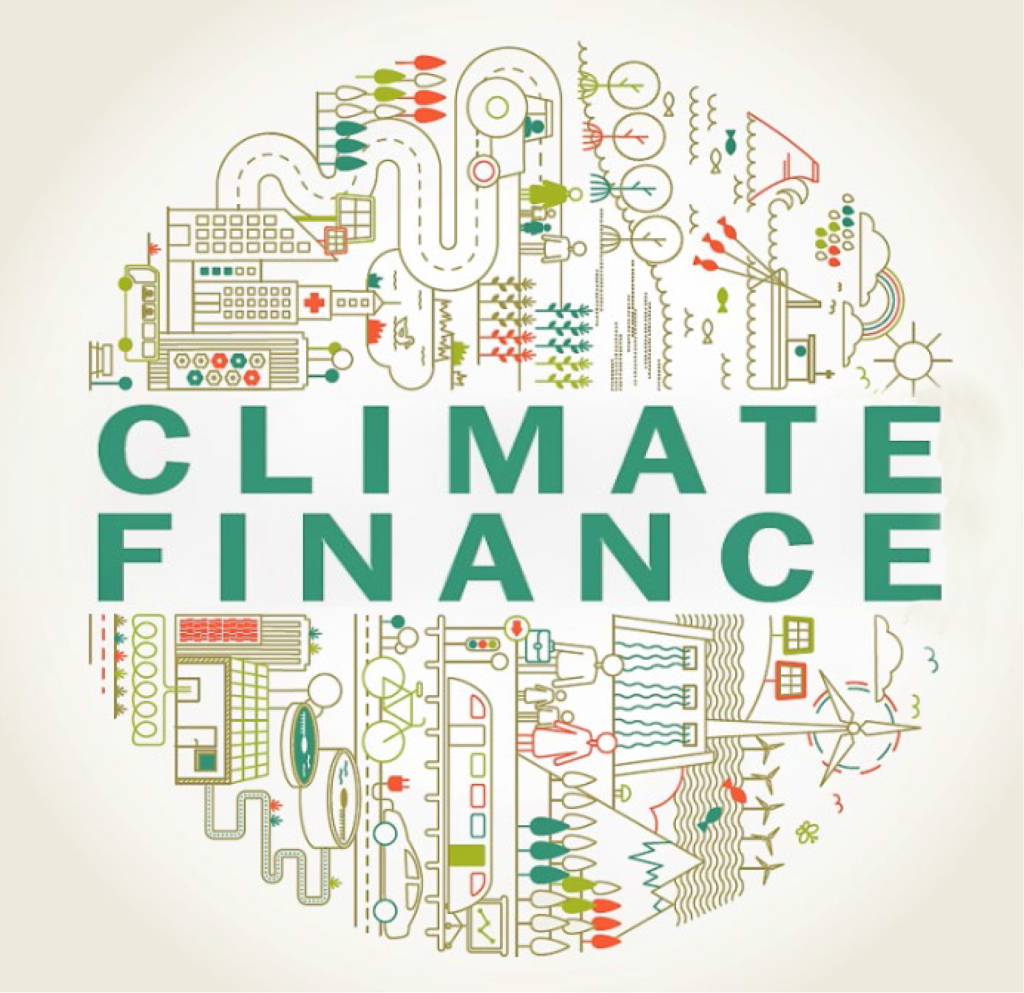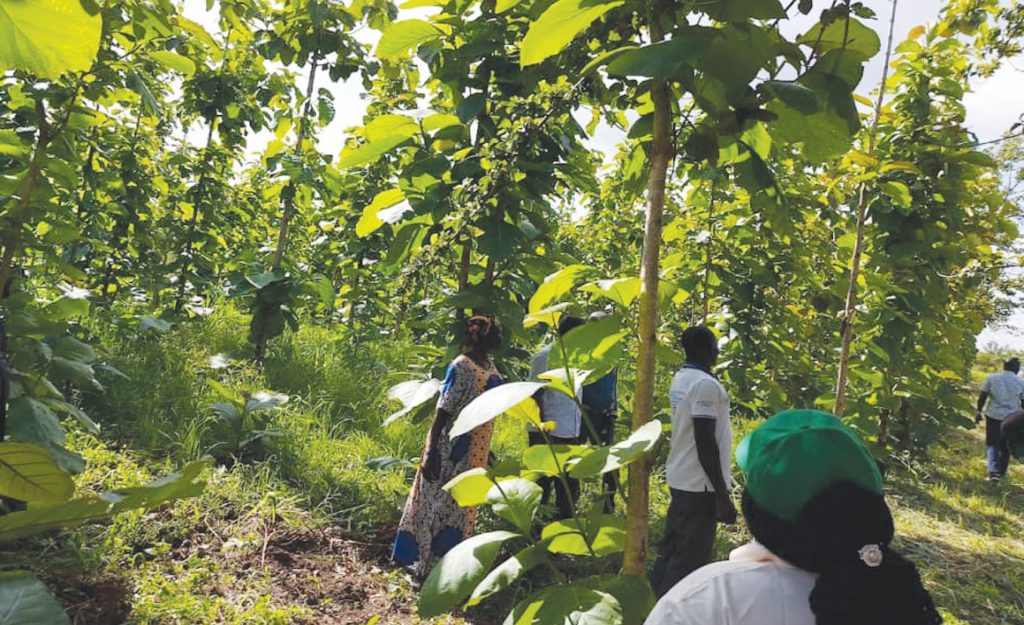Climate variability and change can have significant impacts on regional, national, and local development efforts. Vulnerability is a function of exposure, sensitivity and adaptive capacity. It is the degree to which a human or natural system is susceptible to, and unable to cope with, the adverse effects of climate change, including associated climate variability and extremes. While undertaking vulnerability assessments, we go beyond impact assessments to determining a system’s sensitivity and ability to adapt to climate change. We employ a multi-dimension vulnerability framework that captures people (individuals, livelihoods and populations); institutions (social organizations, economic firms and sectors); and places (land, ecosystems, water, and air). Additionally, we include the following aspects in the vulnerability assessment: sectors; time frame for analysis; and geographic scope.
In order to reduce climate variability and change impacts and promote climate resilient development, Virgon Africa works with organizations and projects to enable them understand the climate vulnerabilities of the people, sectors, and places that they care about. While a vulnerability assessment is important for responding to future climate risks, our vulnerability assessment framework also help clients improve the management of current climate risks.
